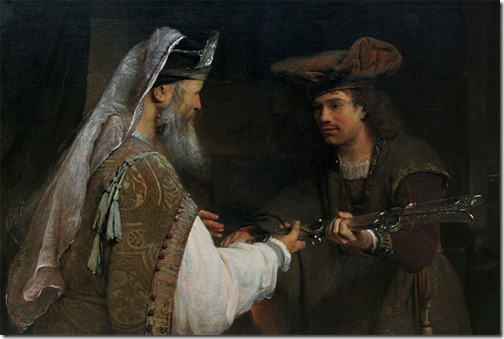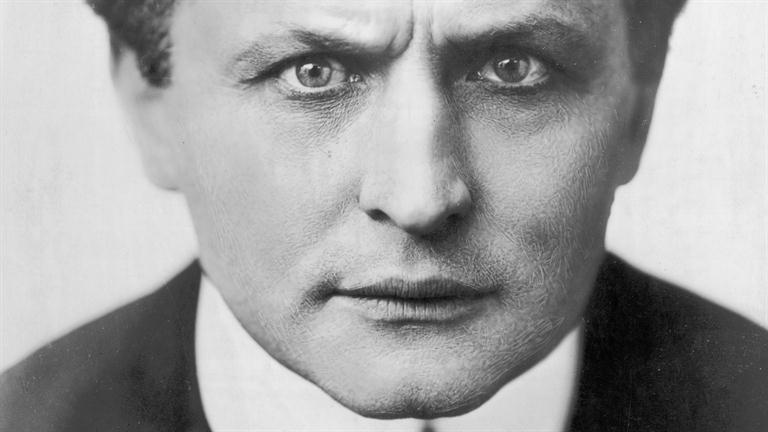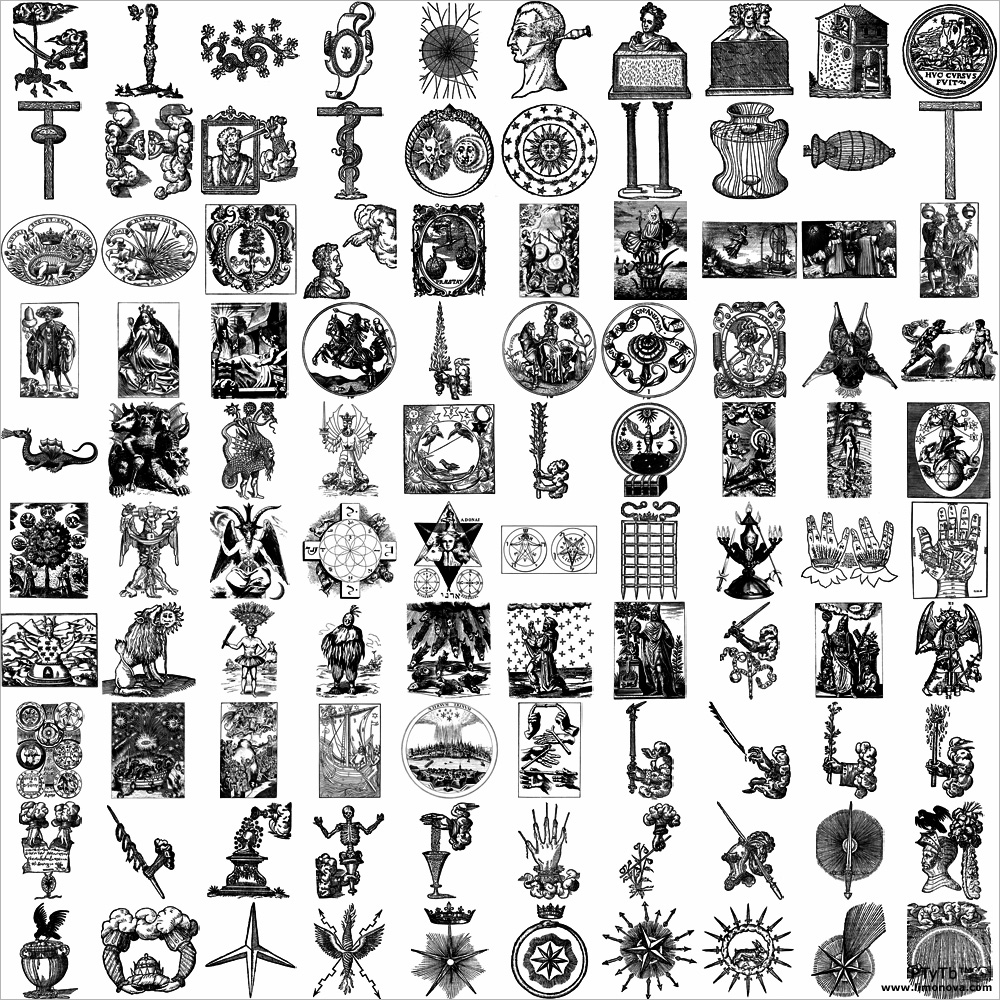He will select certain sentences from Cicero, Seneca, Aristides, and Isocrates; and, lest he should ever be taken unawares, he will learn those by heart which the legislator has carefully inserted in the code. Though it would be very easy to demonstrate from those very authors, that the ancient mysteries laid down no fixed principles on the important points of the Providence of God, and of the origin and order of the universe, the Insinuator is nevertheless to quote those texts to prove that there exists a secret doctrine on these objects, and above all a doctrine calculated to render life more agreeable, and pain more supportable; and to enlarge our ideas on the majesty of God. “Let him add, that all the sages of antiquity were acquainted with these doctrines; let him insist on the uncertainty that man is in with respect to the nature of the soul, its immortality, and its future destiny. He will then sound his candidate, to know whether he would not rejoice at having some satisfactory answers on objects of such great importance. At the same time he will hint that he has had the happiness of being initiated into these doctrines, and that, should the candidate wish it, he would do his best to procure him the same felicity; but that it was a science gradually imparted, and that certain men possessed the talent of guiding him from a distance, of leading him to the discovery of this new world, and that without being ever in his presence. 28
When the Insinuator has by such language succeeded in exciting the curiosity of his candidate, he must then ascertain his opinions on some particular articles. He will propose the discussion of certain questions in writing, and of certain principles, as the groundwork on which they are in future to proceed. The code does not determine what these questions are to be, because they vary according to the political and religious dispositions which the Insinuator may have observed in the candidate. Should these dissertations noway agree with the principles of the sect, the Insinuator will abandon his prey. Should the sophisticated candidate, or the man of importance, be found properly disposed, he will be admitted to the very threshold of the mysteries. The Insinuator will simply explain the inferior degrees to him, and mention the divers trials which the order has dispensed with in consideration of his merit. 29
Notwithstanding the artifice observable in this method, it is still reserved for those who need only to be acquainted with Illuminism to adopt its tenets. But should the Insinuator be entrusted with a young candidate, or with one whose principles noway coincide with those of the sect, and who is yet to be formed; it is then that Weishaupt developer that immense theory of art and cunning by which he is insensibly to ensnare his victims. “Let your first care,” he says to the Insinuators, “be to gain the affection, the confidence, and the
p. 423
esteem of those persons whom you are to entice into the Order—let your whole conduct be such, that they shall surmise something more in you than you wish to show—hint that you belong to some secret and powerful society excite little by little, and not at once, a wish in your candidate to belong to a similar society—Certain arguments and certain books which the Insinuator must have, will greatly contribute to raise such a wish; such are, for example, those which treat of the union and strength of associations.” The Legislator then carefully adds a list of those books, and the Order charges itself with the care of furnishing a certain number of them to the adepts. The works of Meiners, and particularly of Bassadows, are frequently recommended by Weishaupt, as the best fitted to inspire their readers with the love and principles of secret societies. But nothing can equal the art with which he himself has drawn up the reasons, by the help of which the Insinuator is to persuade his young candidate of the pretended necessity for these mysterious associations.
“One represents, for example,” says the code, “a child in the cradle; one speaks of its cries, its tears, its weakness—One remarks how this child, abandoned to itself, is entirely helpless; but that by the help of others it acquires strength—One shows how the greatness of Princes is derived from the union of their subjects—One exalts the advantages of the state of society over the state of nature—Then one touches on the art of knowing and directing mankind—How easily, you will say, could one man of parts lead hundreds, even thousands, if he but knew his own advantages. This is evidently proved by the organization of armies, and the amazing power which princes derive from the union of their subjects.”

Moe is the founder of GnosticWarrior.com. He is a father, husband, author, martial arts black belt, and an expert in Gnosticism, the occult, and esotericism.

![That there was in her monastery a brother, on whom a gift of song was bestowed by Heaven [680 A.D.] | Book 4 | Chapter 24 That there was in her monastery a brother, on whom a gift of song was bestowed by Heaven [680 A.D.] | Book 4 | Chapter 24](https://www.gnosticwarrior.com/wp-content/plugins/contextual-related-posts/default.png)






